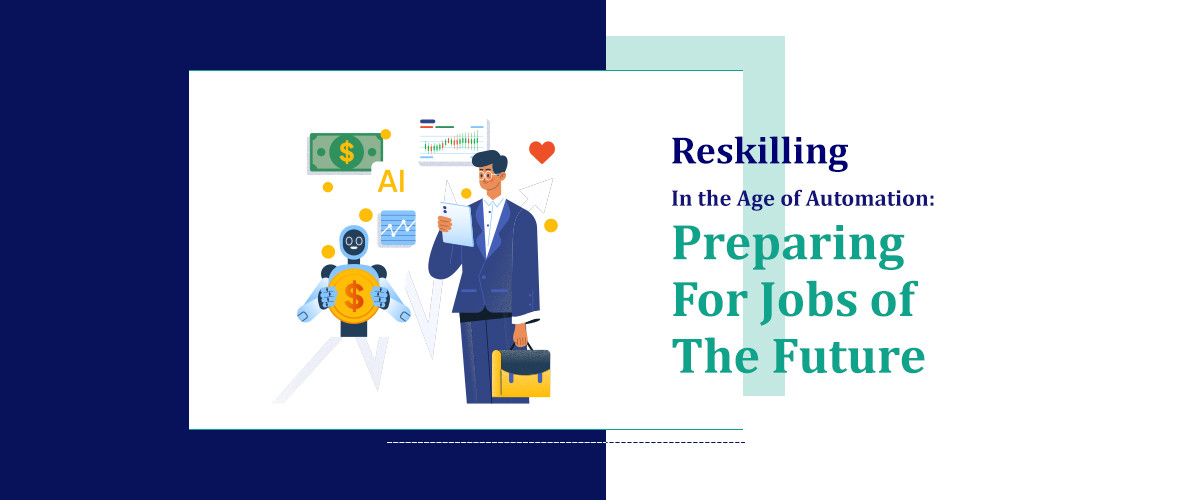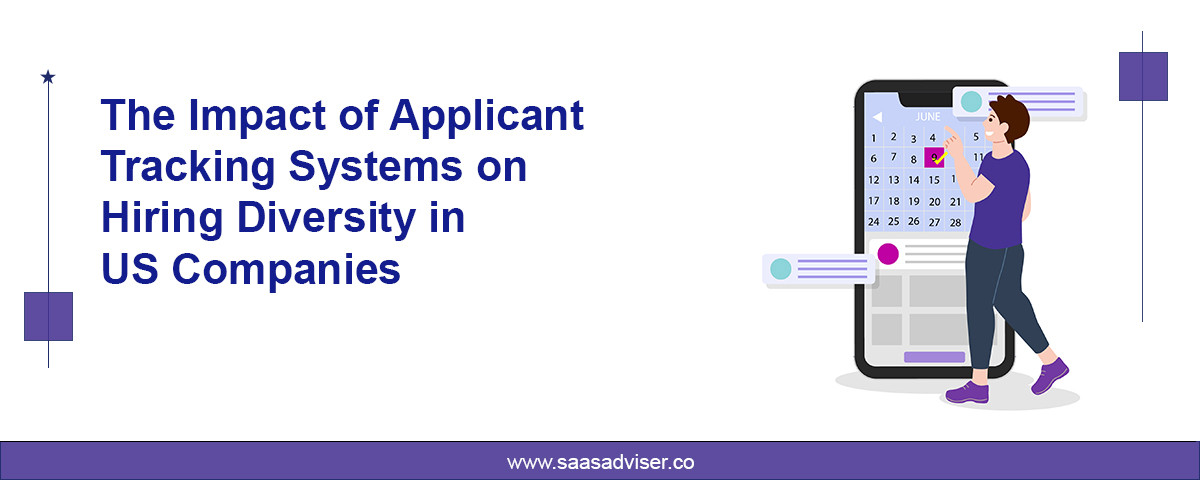What we'll cover
As you navigate the rapidly evolving landscape of work, the notion of reskilling emerges as a crucial tool in your arsenal. The winds of automation are reshaping industries, leaving traditional job roles in their wake. However, the story doesn't end there. How can you adapt and thrive in this era of technological advancement? The answer lies in understanding the skills that will be in high demand, exploring innovative reskilling strategies, and preparing yourself for the jobs of the future. Stay tuned as we uncover the pathways to success in an ever-changing job market.
Key Takeaways
-
Embrace lifelong learning to adapt to automation-driven job requirements.
-
Develop a blend of technical skills and soft skills for future job readiness.
-
Utilize online resources and training programs for upskilling and reskilling.
-
Stay agile and proactive in acquiring new skills to thrive in evolving work environments.
The Rise of Automation
In today's fast-paced world, automation is revolutionizing industries at an unprecedented rate. Technology advancements have led to the integration of automated systems in various sectors, streamlining processes and increasing efficiency. Tasks that were once performed manually can now be completed with speed and precision by machines and algorithms. This shift towards automation has reshaped the way businesses operate, allowing for greater productivity and cost savings.
Automation has also opened up opportunities for innovation and growth, enabling companies to explore new frontiers and expand their capabilities. By automating repetitive and mundane tasks, employees can focus on more strategic and creative aspects of their jobs, leading to higher job satisfaction and overall performance. Embracing automation can give businesses a competitive edge in the market, as they can deliver products and services faster and more reliably than ever before.
As automation continues to evolve, it is crucial for individuals and organizations to adapt and embrace these changes to stay relevant and thrive in the digital age. By understanding the benefits of automation and leveraging technology effectively, you can position yourself for success in the jobs of the future.
Impact on Traditional Job Roles
With automation rapidly advancing, traditional job roles are undergoing significant transformations. Many routine tasks previously performed by humans are now being automated, leading to changes in job requirements and responsibilities. Jobs that involve repetitive and predictable tasks, such as data entry, assembly line work, or basic customer service, are increasingly being taken over by machines. This shift is impacting various industries, from manufacturing to customer support, forcing workers to adapt to new roles or risk becoming obsolete.
Roles that rely heavily on technical skills are also evolving. For instance, traditional roles in accounting and finance are now demanding a stronger understanding of data analysis software proficiency due to automation. Similarly, administrative positions now require employees to be proficient in managing automated systems and analyzing complex data sets.
Skills in High Demand
As automation reshapes traditional job roles, the demand for skills in data analysis, problem-solving, and technology proficiency is on the rise. Employers are seeking candidates who can adapt to the changing landscape by possessing these essential skills that are becoming increasingly valuable across various industries.
One way to understand the skills currently in high demand is to look at the table below:
|
Skill |
Description |
Industries in Demand |
|---|---|---|
|
Data Analysis |
Ability to interpret and analyze data |
Tech, Finance, Healthcare |
|
Problem-Solving |
Capacity to find effective solutions |
Consulting, Engineering, Education |
|
Technology Proficiency |
Competence with digital tools |
IT, Marketing, Retail |
These skills are not only crucial for job seekers but also for those looking to advance in their current careers. By focusing on developing expertise in these areas, individuals can better position themselves for success in the evolving job market.
Reskilling Strategies
Consider implementing targeted training programs to enhance your skills and adapt to the changing demands of the workforce. Reskilling is essential in today's rapidly evolving job market. Look for courses or workshops that focus on emerging technologies, soft skills, and industry-specific knowledge. Online platforms like Coursera, LinkedIn Learning, or Udemy offer a variety of courses that you can complete at your own pace. Additionally, consider attending conferences, webinars, or networking events to stay updated on industry trends and expand your professional network.
According to Gloat, “Another effective reskilling strategy is seeking mentorship from experienced professionals in your field. Mentors can provide valuable insights, guidance, and support as you navigate the changing job landscape”.
Take advantage of their expertise and learn from their experiences to accelerate your own growth.
Furthermore, don't underestimate the power of hands-on experience. Consider volunteering for projects within your organization that allow you to develop new skills or work on cross-functional teams. Practical experience is invaluable in honing your abilities and staying relevant in your field. By actively engaging in these reskilling strategies, you can position yourself for success in the jobs of the future.
Embracing Technological Change
Embrace the ever-evolving technological landscape to stay competitive in your field and future-proof your skill set. Technology is constantly advancing, and by embracing these changes, you position yourself for success in the jobs of the future. Here are three key ways to embrace technological change:
-
Continuous Learning: Engage in lifelong learning to keep up with emerging technologies. Online courses, workshops, and seminars are great resources to expand your knowledge and stay current in your field.
-
Adaptability: Be willing to adapt to new technologies and ways of working. Flexibility is essential in the face of technological advancements, so remain open to change and be proactive in learning new skills.
-
Networking: Connect with professionals in your industry to stay informed about the latest technological trends. Networking can provide insights into upcoming technologies, career opportunities, and potential collaborations that can further enhance your skill set.
Industries Facing Disruption
The rapid advancement of technology is causing significant disruption in various industries. Traditional retail sectors are facing challenges due to the rise of e-commerce platforms, leading to shifts in consumer behavior and demands. Manufacturing industries are incorporating automation and robotics, altering the skill sets required from human workers. The transportation sector is experiencing transformations with the development of autonomous vehicles, impacting jobs that involve driving. Additionally, the financial services industry is adopting fintech solutions, changing the way banking and transactions are conducted.
Healthcare is another sector undergoing disruption, with the integration of telemedicine and artificial intelligence technologies. This shift requires healthcare professionals to adapt to new tools and methods of patient care. The entertainment industry is also evolving with the growth of streaming services, influencing how content is produced and distributed. As technology continues to advance, it is crucial for individuals in these industries to embrace reskilling and upskilling to stay relevant in the changing landscape.
Job Market Outlook
With the rapid advancement of technology, the job market outlook is continuously evolving to meet the demands of automation and digital transformation. As you navigate the changing landscape of work, it's essential to stay informed about the current job market trends to position yourself for success. Here are some key points to consider:
-
Shift in Skill Requirements: Employers are increasingly seeking candidates with a mix of technical and soft skills to thrive in automated environments. Adaptability, critical thinking, and digital literacy are becoming pivotal for job seekers across various industries.
-
Emergence of New Job Roles: The automation wave is creating opportunities for roles that didn't exist before, such as data scientists, AI specialists, and cybersecurity experts. Keeping an eye on emerging job titles can help you align your skills with the evolving job market.
-
Importance of Lifelong Learning: Continuous upskilling and reskilling have become indispensable for staying competitive in the job market. Embracing a mindset of lifelong learning can enhance your employability and open doors to new career possibilities.
Training and Education Options
Navigating the evolving job market landscape requires understanding the available training and education options to enhance your skills and stay competitive in the age of automation. With rapid advancements in technology reshaping industries, investing in your education and training is crucial to adapt to the changing demands of the workforce. Here are some options to consider:
|
Training/Education Option |
Description |
Benefits |
|---|---|---|
|
Online Courses |
Accessible from anywhere, self-paced |
Flexibility, cost-effective |
|
Bootcamps |
Intensive, focused training programs |
Quick skill acquisition |
|
Industry Certifications |
Recognized credentials in specific fields |
Enhances credibility and expertise |
These options offer diverse pathways for upskilling or reskilling, allowing you to align your learning with the skills needed in the job market. By exploring these options and choosing the ones that best fit your career goals, you can proactively prepare for the jobs of the future.
Future Workforce Preparedness
Developing adaptable skills is essential for staying competitive in the dynamic landscape of the future workforce. To ensure you are well-prepared for the jobs of tomorrow, consider the following key aspects:
- Continuous Learning: Embrace a mindset of lifelong learning to keep up with evolving technologies and job requirements. Seek out opportunities for upskilling and reskilling to remain relevant in a rapidly changing job market.
- Tech Proficiency: Familiarize yourself with emerging technologies such as artificial intelligence, data analytics, and automation. Acquiring proficiency in these areas will enhance your employability and open doors to new career possibilities.
- Soft Skills Development: While technical skills are crucial, don't overlook the importance of soft skills like communication, problem-solving, and adaptability. Cultivating these abilities will make you a well-rounded professional capable of navigating diverse work environments successfully.
conclusion
Rreskilling is not merely about preparing for jobs that exist today but about equipping ourselves with the agility, adaptability, and resilience to navigate the uncertainties of tomorrow. By embracing reskilling as a lifelong journey of growth and development, we can harness the full potential of human ingenuity to shape a future where automation augments, rather than replaces, human capability, and where every individual has the opportunity to realize their full potential in the ever-evolving landscape of work.




